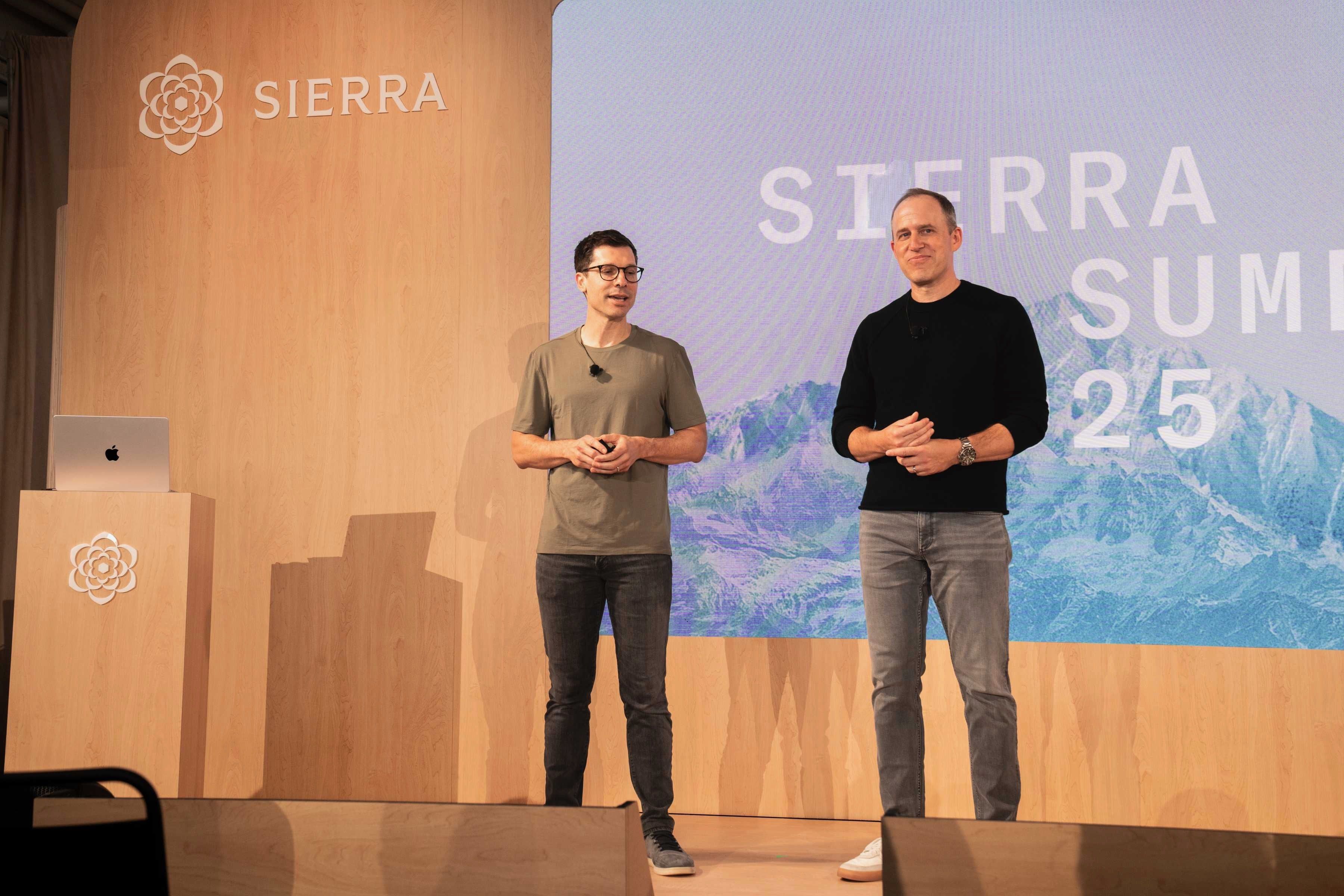AI startups have discovered a new recruiting weapon: bragging about revenue. Sierra, the $10 billion AI customer support company co-founded by Bret Taylor and Clay Bavor, just announced it hit $100 million in annual recurring revenue - up 5x from last year - as part of an industry-wide shift where startups publicize financial metrics that used to stay private. It's a signal that in the hyper-competitive AI talent market, demonstrating real traction matters more than just hype.
The AI talent war just got a new playbook, and it's all about the numbers. Sierra, the AI customer support startup co-founded by former Salesforce co-CEO Bret Taylor and ex-Google executive Clay Bavor, announced Thursday it reached $100 million in annual recurring revenue - a 5x jump from $20 million just one year ago.
But here's what makes this announcement different: Sierra isn't just celebrating a milestone. It's deploying revenue as a recruiting weapon in the most competitive hiring market Silicon Valley has seen in years.
"I think AI is a category where it's relatively easy to make a demo and sort of win a popularity contest on social media," Taylor told The Verge. "But creating a durable revenue stream, especially from serving the Fortune 1000 and regulated industries, is incredibly challenging. I think a lot of people want to work for the leader in the category."
The strategy reflects how drastically the AI startup landscape has shifted. Companies that once guarded financial metrics like state secrets are now broadcasting ARR figures as badges of legitimacy. Taylor, who also chairs OpenAI's board, wants potential recruits to know Sierra isn't just another AI demo riding the hype wave.
Sierra's revenue model sets it apart from many AI startups that inflate ARR by multiplying a single good month by 12. Instead, the company follows enterprise software playbooks used by public companies like Salesforce and ServiceNow - signing 12-month or multi-year contracts, billing annually upfront, and giving customers 30 days to pay. That contracted revenue is much harder to walk away from than pay-as-you-go pricing that can evaporate with the next algorithm update.
The company's customer support AI agents have processed interactions for hundreds of millions of people across clients including SoFi, Wayfair, Ramp, and Rocket Mortgage. Many users don't even realize they're talking to AI when processing returns or troubleshooting issues.
Taylor's revenue flex comes as other AI startups embrace similar transparency. Loveable CEO Anton Osika recently revealed his company doubled ARR to $200 million in just four months, while announced it surpassed $1 billion in annualized revenue this month. These public declarations mark a shift from the traditional startup playbook of hyping funding rounds and valuations to proving actual market traction.
